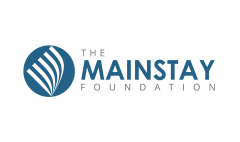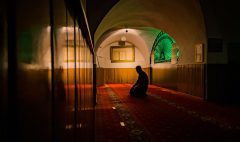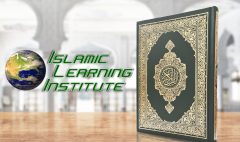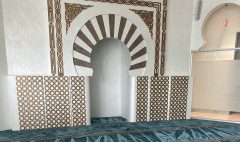The Pontifical Institute for Arabic and Islamic Studies
June 3, 2018 2023-07-01 11:12The Pontifical Institute for Arabic and Islamic Studies
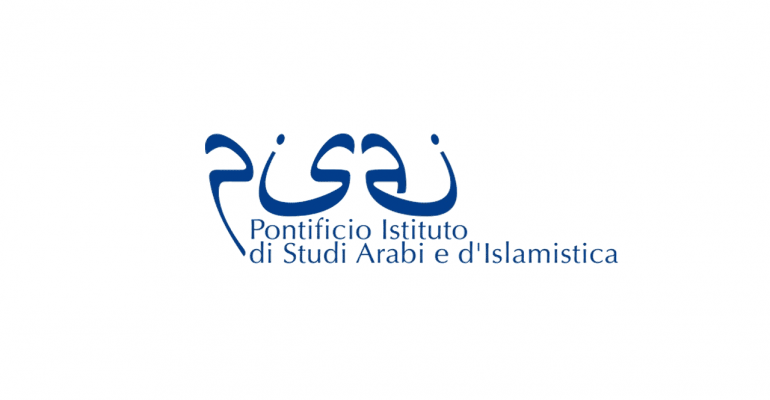
The Pontifical Institute for Arabic and Islamic Studies
The Pontifical Institute for Arabic and Islamic Studies (PISAI), founded by the Society of the Missionaries of Africa (White Fathers), is a study and research center whose teaching and scientific activities provide the necessary preparation for an informed theological dialogue with Muslims.
The training which PISAI has offered for over 50 years, leading to the degrees of the Licentiate and the Doctorate in Arabic and Islamic Studies, is based on the in depth study of the Arabic language, the necessary tool which enables access to the fundamental texts of Islam.
Courses in Islamic sciences seek to present the history and thought of traditional Islam, both classical and modern, in an unbiased scientific way. The stages in the training take place within an educational program which strives above all to recognize the right of each individual to be different.
Teaching, publications and research are the primary tools for a serious, in depth preparation for human, theological, interreligious and intercultural dialogue. The students at PISAI, lay people and religious, come from every part of the world. At the end of their course of study at PISAI, many become actively involved through their work in direct or indirect contacts with the Muslim community.
Among PISAI students can be found: religious, lawyers, business people, journalists, translators, researchers, members of the armed forces, members of the diplomatic corps and many others.
Journals
PISAI publishes periodicals devoted to Muslim-Christian Dialogue:
- Islamochristiana
Islamochristiana is the annual scientific journal of PISAI explicitly dedicated to Muslim-Christian dialogue. It is composed of three parts: the first part contains in-depth and research studies, reflections and personal witness accounts; the second part, notes and documentation concerning encounters between Christians and Muslims around the world; and the third part, summaries and reviews of books on dialogue. Founded in 1975 and directed for many years by Father Maurice Borrmans, the journal has developed its format over the years. One part of the studies revolves around a monographic subject chosen each year, while others are devoted to Muslim-Christian dialogue in the past and the present. Islamochristiana is published mainly in French, English and Arabic, but articles and studies are also published in other European languages.
- Etudes Arabes
The first edition of Etudes Arabes appeared at Easter 1962: it consisted of a dossier of about 30 pages, trimestral, with the translation into French of some Arabic texts and targeting those who, having completed studies at PISAI, wished to pursue their linguistic commitment to Islamic Studies. Only on reaching edition No. 8, at Christmas 1964, did it become a real publication with an index of modern Arab authors.
In 1981, Etudes Arabes became a means of support for Islamic Studies in the form of two annual Dossiers containing monographs. Since 1996, publication has been annual, maintaining the formula of an Arabic text with facing translation. The editorial board is made up of teachers at PISAI.
- Encounter
The review Encounter, Documents for Muslim-Christian Understanding, appeared in 1974, in the wake of the setting up of the English section at PISAI. Its primary purpose is to maintain links with former students at PISAI continuing their formation and offering to all its readers documents, research material and witness accounts in the field of Muslim-Christian Dialogue.
Contacts
- Address: Viale di Trastevere, 89, 00153 Roma, Italy
- Phone: +39 06 58392611
- Fax: +39 06 5882595
- Email: info@pisai.it
- Website: http://en.pisai.it/



